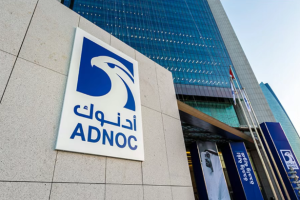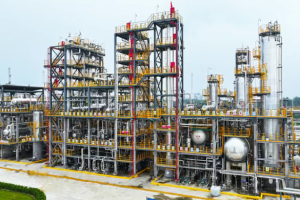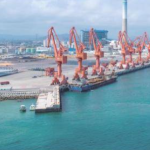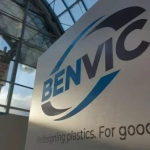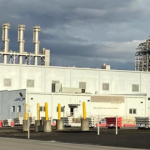May 23, 2025 – A recent report from the United Nations Environment Programme reveals a stark reality: the annual global production of urban solid waste has now exceeded 2 billion tons, with plastic pollution steadily wreaking havoc on Earth’s ecosystems. In this worldwide battle against “white pollution,” nations are deploying innovative strategies to chart new courses for a circular economy. Among them, the initiatives in Brazil, Indonesia, Italy, and China stand out, each offering unique approaches to tackling this pressing environmental challenge.

International Innovations: Policy-Driven Movements
In the Brazilian city of Três Marias, the “Good Bazaar” program has ingeniously bridged environmental protection with daily necessities. Under this initiative, residents can exchange 3 kilograms of plastic waste for 1 kilogram of fresh fruits and vegetables. According to data from the Color Masterbatch Industry Network, the program achieved an impressive 2,750 tons of waste collection in 2023, with projections indicating a 30% increase in 2024. Brazil’s government has set an ambitious target of achieving a 50% waste utilization rate by 2040, leveraging economic incentives and policy frameworks to encourage nationwide participation.
Indonesia, the world’s second-largest contributor to marine plastic pollution, has established a comprehensive defense mechanism combining regulations, technology, and industry. Through the implementation of the Solid Waste Law and the Marine Litter Management Plan, the country has made significant strides in reducing waste at its source, intercepting debris in rivers, and transforming discarded materials into resources. In Manado, river barriers now capture 250 tons of waste annually, while the “Garbage Bank” program allows plastic bottles to function as a form of currency, boosting recycling rates and promoting reuse.
Italy has enhanced its waste management efficiency through a dual approach of legislation and education. Since the introduction of its first waste sorting law in 1988, the country has continuously strengthened its environmental framework. In 2022, the Italian government injected substantial funding into recycling projects and launched an electronic waste tracking system to ensure end-to-end supervision. Additionally, creative initiatives like environmental theater and mobile apps have helped popularize eco-friendly values, fostering widespread public engagement.
China’s Holistic Approach: A Model for Comprehensive Governance
China’s strategy for plastic pollution control encompasses the entire lifecycle of plastic products, from production and consumption to recycling and reuse. At the production stage, bans and restrictions on single-use plastics, coupled with the promotion of biodegradable alternatives, have curbed pollution at its origin. On the recycling front, technological advancements and economies of scale have enabled efficient recovery and repurposing of waste plastics. For instance, Fujian Normal University’s collaboration with industries has successfully transformed waste plastics into high-value materials, while Zhejiang’s “Blue Recycling” model effectively collects marine plastics, achieving both carbon reduction and income growth for fishermen. Policy-driven efforts, such as the “waste-free city” initiative and the Circular Economy Promotion Law, have further propelled sustainable development. Pioneering practices like the Extended Producer Responsibility system implemented in Shenzhen and Hangzhou, and JD.com’s adoption of reusable delivery boxes, showcase China’s commitment to innovative solutions.
As the global push for green transformation gains momentum, countries are charting diverse paths to combat plastic pollution. From Brazil’s incentive-based programs and Indonesia’s multi-pronged defenses to Italy’s digital oversight and public education, and China’s holistic governance framework, each approach contributes to a collective vision. With ongoing technological progress and policy refinement, the future holds promise for even more impactful victories in the fight against plastic pollution.





